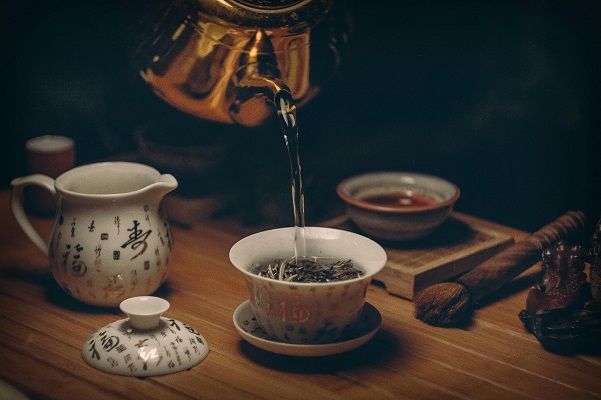Are you a tea lover or a coffee addict? Most people have their own preferences when it comes to these popular drinks. Tea and coffee are two of the most widely consumed beverages in the world, with each having its own unique flavor and aroma. But when it comes to health benefits, which one is better for you?
In this blog post, we’ll compare and contrast tea and coffee in terms of their nutritional value, potential health benefits, and possible side effects. By the end of this post, you’ll have a better understanding of which drink may be more beneficial for your overall health. So let’s dive in and find out which one wins the battle – tea or coffee?
What is Tea?
Tea is a hot beverage made from the leaves of the Camellia sinensis plant. This plant is native to East and South Asia, but it is now cultivated in various parts of the world. The three main types of tea are black, green, and oolong, which differ based on their processing methods. Also, as highlighted by the team behind Nio Teas, tea is packed with various antioxidants, amino acids, and vitamins that can have a positive impact on our health. You can buy different types of tea, including herbal teas, which are made from a variety of plants and do not contain caffeine.
What is Coffee?
Coffee is a brewed drink made from roasted coffee beans, which are the seeds of the coffee plant. Like tea, coffee is also grown in many countries around the world and has different varieties, including Arabica and Robusta. The caffeine content in coffee can vary depending on factors such as brewing method and type of bean used. This popular beverage is known for its strong flavor and stimulant properties, making it a go-to drink for many people to kickstart their day.
Nutritional Value: Tea vs. Coffee
When it comes to nutritional value, both tea and coffee have some similarities and differences. Both drinks contain caffeine, which is a natural stimulant that can increase alertness and improve focus. However, the caffeine content in tea is much lower than that of coffee. A cup of black tea typically contains around 14-70 mg of caffeine, while a cup of coffee can contain anywhere from 70-140 mg.
Tea also contains theanine, an amino acid that can have a calming effect on the body and promote relaxation. Coffee, on the other hand, is rich in antioxidants such as chlorogenic acid and quinides, which are known for their anti-inflammatory properties.
Both tea and coffee are low in calories and do not contain any significant amounts of fat, carbohydrates, or sugar. However, the nutritional value may vary depending on how you take your tea or coffee. For example, adding milk and sugar to your tea or coffee can increase its calorie and sugar content. Therefore, it’s important to be mindful of what you add to your drink if you’re watching your calorie intake.
Health Benefits: Tea vs. Coffee
Tea and coffee both offer potential health benefits, but the extent to which these benefits are seen may vary from person to person. Tea is rich in antioxidants and can improve heart health by lowering cholesterol levels and reducing the risk of cardiovascular diseases.
It may also have a positive impact on brain function, as studies have shown that the caffeine and theanine content in tea can improve focus, alertness, and mood. On the other hand, coffee is known for its ability to boost energy levels and improve physical performance due to its high caffeine content.
Some studies have also linked coffee consumption to a reduced risk of certain diseases, such as type 2 diabetes and liver disease. However, these benefits may not apply to everyone, and excessive coffee consumption can also have adverse effects on health. Overall, both tea and coffee can be part of a healthy diet but moderation is key to reap their potential benefits.
Possible Side Effects: Tea vs. Coffee
As with any food or drink, too much of anything can have negative consequences. In the case of tea and coffee, excessive consumption can lead to potential side effects. Caffeine in both drinks can cause jitteriness, anxiety, and disrupted sleep patterns if consumed in large amounts.
In addition to caffeine, coffee contains other compounds that may irritate the digestive system and cause stomach discomfort, especially for people with sensitive stomachs or acid reflux. Tea also contains tannins that can interfere with iron absorption, so it may be advisable for people with anemia to limit their tea intake.
Furthermore, both drinks can stain teeth due to their natural colorants. However, this can easily be remedied by regular brushing and oral hygiene practices.
The debate between tea and coffee comes down to personal preference and individual health needs. Both drinks have their own unique qualities and can offer potential health benefits when consumed in moderation. While tea may be a better choice for those looking for a lower caffeine content and a calming effect, coffee may be more suitable for those seeking an energy boost or improved physical performance. It’s important to listen to your body and limit consumption if you experience any adverse effects. So whether you’re a tea lover or a coffee addict, remember to enjoy these beverages in moderation for a healthy lifestyle.
